Denature Ethanol
Denature Ethanol Specification
- Form
- Liquid
- HS Code
- 38140010
- Taste
- Odorless
- Other Names
- Ethanol
- Storage
- Room Temperature
- Purity
- 99.5%
- Chemical Name
- Denatured Ethanol
- CAS No
- 64-17-5
- Usage
- In many countries, sales of alcoholic beverages are heavily taxed for revenue and public health policy purposes (see Pigovian tax). In order to avoid paying beverage taxes on alcohol that is not meant to be consumed, the alcohol must be "denatured", or treated with added chemicals to make it unpalatable. Its composition is tightly defined by government regulations in countries that tax alcoholic beverages. Denatured alcohol is used identically to ethanol itself except for applications that involve fuel, surgical and laboratory stock. Pure ethanol is required for food and beverage applications and certain chemical reactions where the denaturant would interfere. In molecular biology, denatured ethanol cannot be used for the precipitation of nucleic acids.[2]
Denature Ethanol Trade Information
- Minimum Order Quantity
- 400 Liters
- FOB Port
- Ex Bhiwandi,Maharshtra
- Supply Ability
- 21000 Liters Per Day
- Delivery Time
- 1 Days
- Packaging Details
- 200 LTrs Drum
About Denature Ethanol
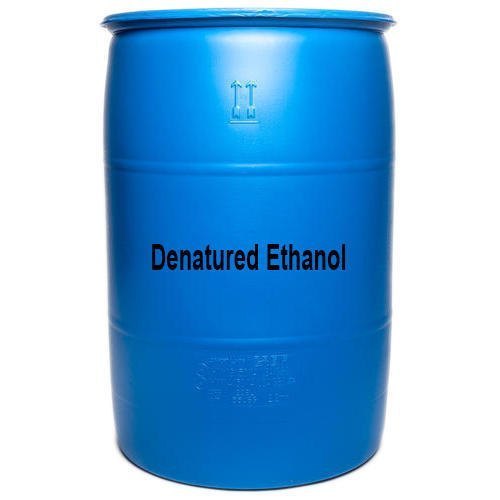

Price:
- 50
- 100
- 200
- 250
- 500
- 1000+
More Products in Industrial Chemical Category
Acetone IP Grade
Price 91 INR / Kilograms
Minimum Order Quantity : 160 Kilograms
Chemical Name : Acetone; 2propanone
HS Code : 29141100
Usage : Pharma ,Textile,Cosmetic. Acetone is the most commonly used solvent, which promotes protein precipitation and simultaneously dissolves nonpolar molecules like lipids.
CAS No : 67641
Imported Methanol
Price 37.0 INR / Kilograms
Minimum Order Quantity : 300 Kilograms
Chemical Name : Methanol
HS Code : 29053300
Usage : Industrial Use.
CAS No : 67561
Glacial Acetic Acid
Price 57.00 INR / Kilograms
Minimum Order Quantity : 250 Kilograms
Chemical Name : Acetic Acid
HS Code : 29152100
Usage : Glacial acetic acid is an excellent polar protic solvent, as noted above. It is frequently used as a solvent for recrystallization to purify organic compounds. Acetic acid is used as a solvent in the production of terephthalic acid (TPA), the raw material for polyethylene terephthalate (PET). In 2006, about 20% of acetic acid was used for TPA production
CAS No : 64197
Caustic Potash Flakes
Price 120.00 INR / Kilograms
Minimum Order Quantity : 200 Kilograms
Chemical Name : Caustic Potash Flakes
HS Code : 28152000
Usage : Potassium hydroxide can be found in pure form by reacting sodium hydroxide with impure potassium. It is usually sold as translucent pellets, which will become tacky in air because KOH is hygroscopic. Consequently, KOH typically contains varying amounts of water (as well as carbonates see below). Its dissolution in water is strongly exothermic. Concentrated aqueous solutions are sometimes called potassium lyes. Even at high temperatures, solid KOH does not dehydrate readily
CAS No : 1310583


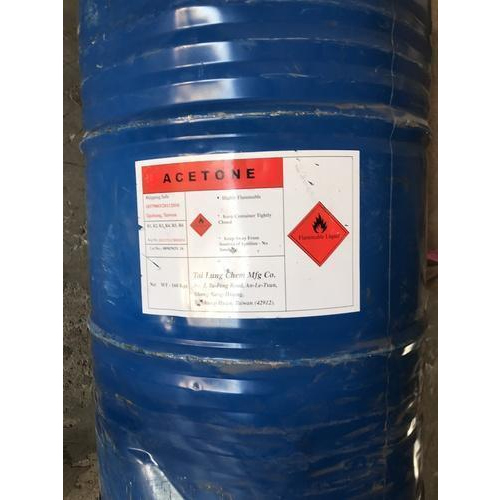
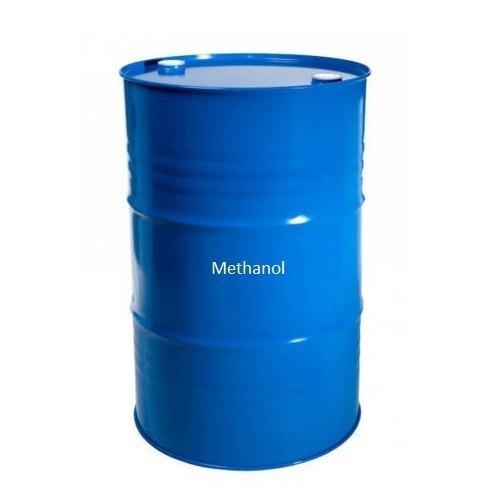
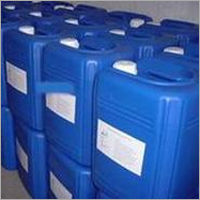
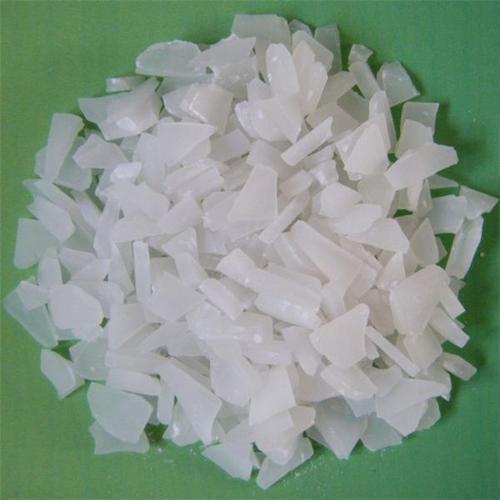


 Send Inquiry
Send Inquiry Send SMS
Send SMS Call Me Free
Call Me Free